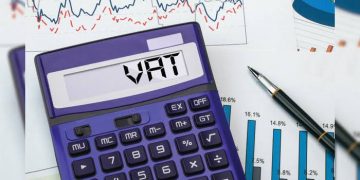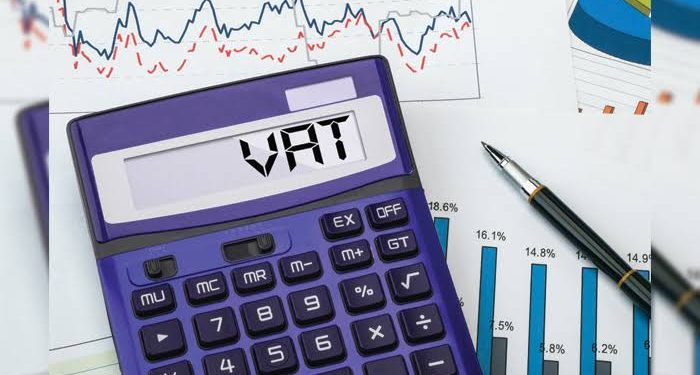By John Ikani
The Federal Inland Revenue Service (FIRS), has unveiled a new initiative, the VAT Direct Initiative, aimed at collecting Value Added Taxes from the informal sector in Nigeria.
The FIRS is teaming up with the Market Traders Association of Nigeria (MATAN) to facilitate the seamless collection and remittance of VAT from their members within the informal sector.
In a joint statement released on Monday, the FIRS and MATAN disclosed that they will leverage unified systems technology to simplify the process of VAT payment and remittance.
The main objective of this partnership is to enhance VAT collection from members operating in the informal sector and promote awareness on VAT matters within the marketplace.
The VAT Direct Initiative is set to revolutionize the way VAT is collected and remitted. Through a purpose-built digital platform, market traders and members of the informal sector will find VAT payment and remittance more accessible and convenient.
The FIRS is optimistic that this collaboration will not only bolster government revenue through increased VAT collection but also contribute to the development of infrastructure and social amenities by providing additional funds to the three tiers of government.
As part of the initiative, MATAN members will be issued an ID card containing their unique Tax Identification Number and personal details after enumeration.
The digital platform will enable efficient tracking of their turnover, ensuring proper VAT collection and remittance to the FIRS.
“The Initiative is the first of its kind that will utilize technology to foster collaboration between the FIRS and the marketplace for the collection and remittance of VAT,” the statement highlights.
“This will also boost VAT revenue generation for the three tiers of government, which in turn means more money to fund infrastructure and social amenities.”
Notably, Nigeria’s VAT collection witnessed a 1.75% increase in the first quarter of 2023, reaching a total of N709.59 billion.
The manufacturing sector emerged as the largest contributor, accounting for 29.65% of VAT collection, followed by the information and communication sector at 19.29%, and the mining and quarrying sector at 12.24%.




































